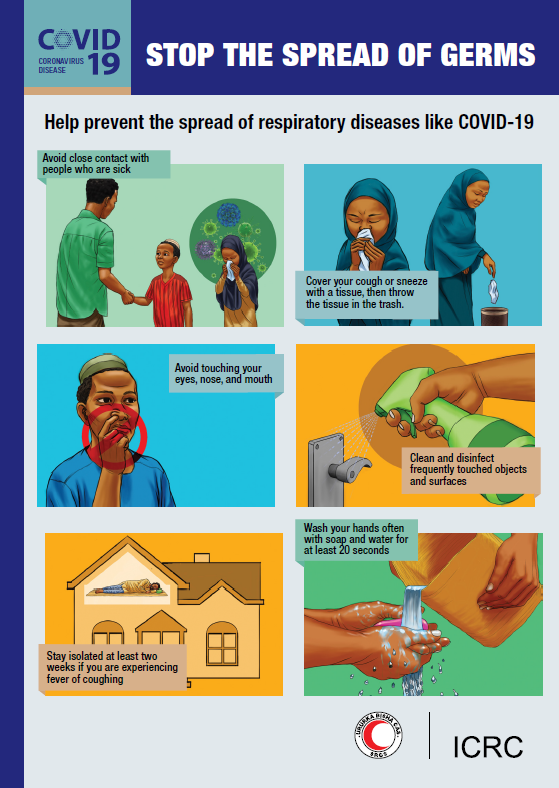The COVID-19 pandemic, also known as coronavirus, has overwhelmed advanced health care systems all over the world. The African region has not been severely affected so far, but if action is not taken immediately to contain the virus, it could have devastating effects, particularly in places affected by conflict and violence.
Governments have acted quickly to put travel bans, self-quarantine, and other preventative measures in place. These are critical steps taken towards curbing the spread of COVID-19, but an outbreak in areas grappling with congestion, lack of access to clean water, and weakened health care systems will likely face a new humanitarian crisis.
The tens of millions of people around Africa who are living in overcrowded displacement camps and informal settlements, often with poor access to health care, clean water and sanitation, are particularly vulnerable to COVID-19. They cannot practice physical distancing. At the same time, if the virus spreads into places with active conflict, cases will be harder to trace.
‘Prisons in Africa are extremely overcrowded. Physical distancing is impossible. One case of COVID-19 inside a detention facilities’ walls could be catastrophic. – ICRC head of protection for Africa, Aribani Ibachi Witanene.
The fear now is that unless urgent action is taken to curb the spread of the COVID-19, the virus could take hold in some of the world’s most vulnerable communities, with devastating consequences. The ICRC’s work to serve people affected by armed conflict and violence in Africa will not grind to a halt because of COVID-19. More than 40% of ICRC’s operations are in Africa. Many of these programs are life-saving and in places where few other organizations have access.
The Health Coordinator for the ICRC in Somalia talks about how COVID-19 could affect the country and some of the activities that the ICRC and the SRCS are carrying out to prevent the spread of virus among communities.
Read more on the icrc.org website.


